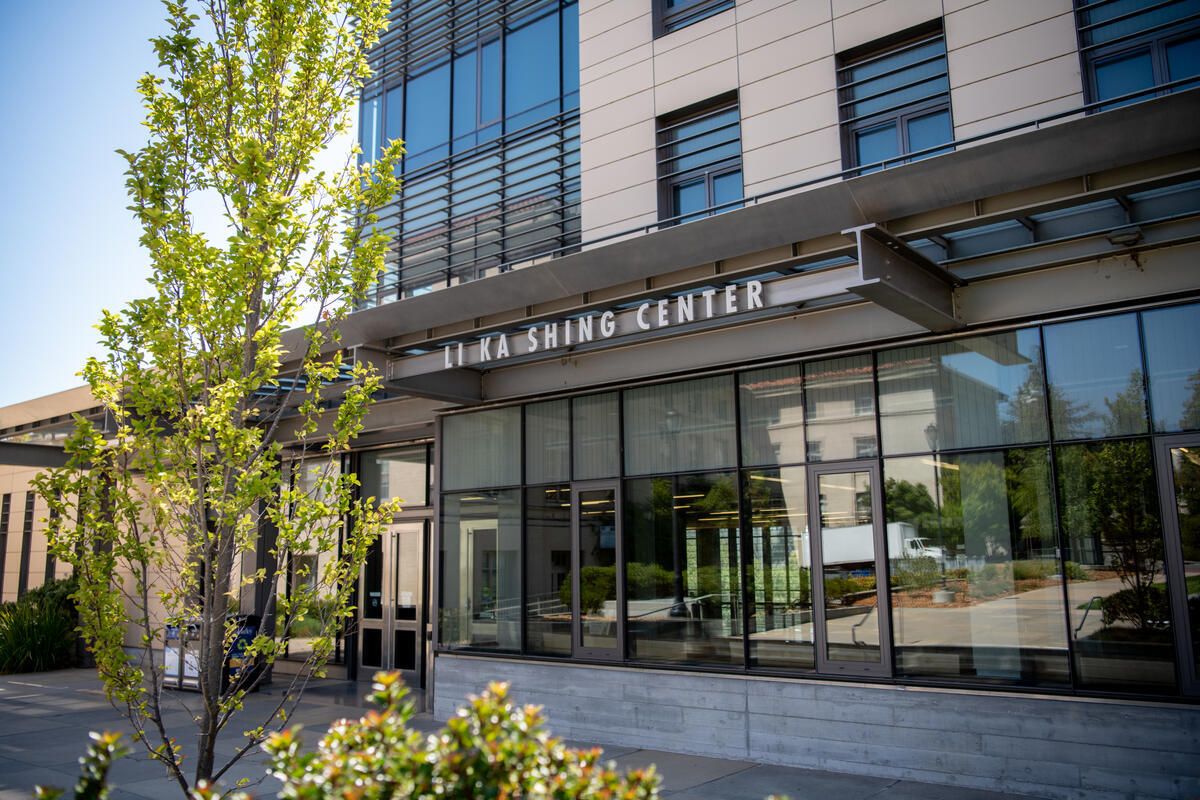
Michael Rapé is head of UC Berkeley’s new Division of Molecular Therapeutics (often shortened to “MTx”), an emphasis within the Department of Molecular & Cell Biology that will begin admitting students in the fall. The field focuses on innovative approaches to treat diseases, and the division hopes to accelerate the drug discovery process from idea to laboratory to clinic.
Rapé is a professor of molecular therapeutics as well as an accomplished researcher and entrepreneur with major discoveries and successful companies to his name. Despite his achievements outside the classroom, teaching remains close to his heart.
According to Rapé, the shared commitment to public service and the deep level of faculty expertise make Berkeley an ideal location to develop this new program. Not only will the Division of Molecular Therapeutics strive to expand treatment options for major diseases, but the hope is that it will democratize the industry so brilliant researchers won’t need luck and connections to develop cures.
Rapé talked about his groundbreaking research and the many ways that the new division seeks to benefit humanity.




